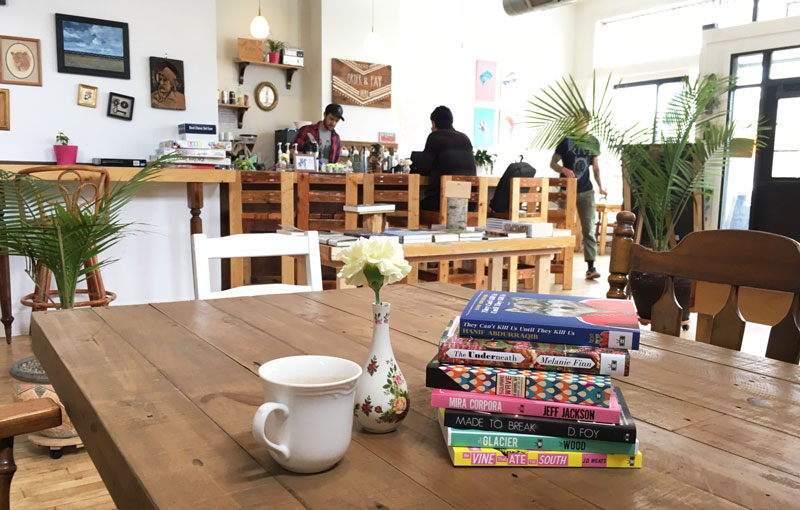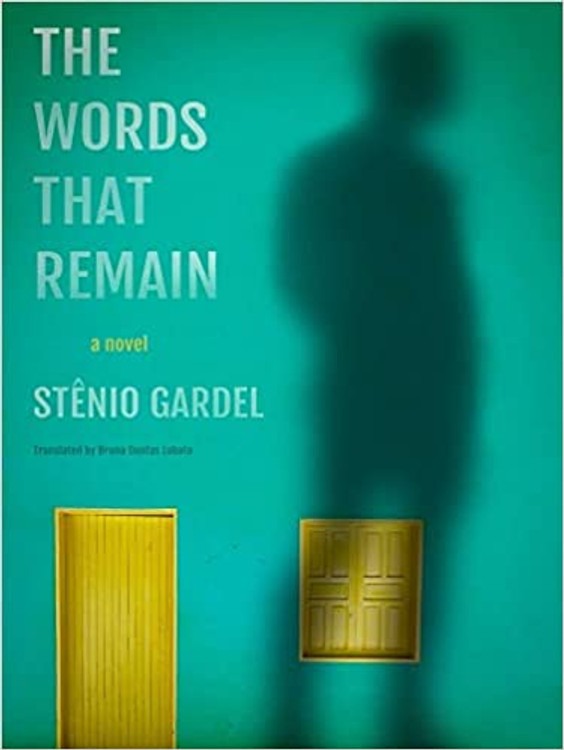"Auspicious debut . . . This wistful novel introduces a worthy new voice."—Publishers Weekly
"Disarmingly tender and feverishly sad, Gardel's love story is a delirium of a novel that reminds its readers of an uncomfortable truth: that even a life of regret can be a beautiful one."—Patrick Nathan, author of Some Hell
"Incredible debut work . . . Packs a literal and figurative punch . . . Through swirling reflections, the novel moves like a steady whirlwind, conveying inner turmoil and external inaction, punctuated by powerful sometimes devastating change."—Asymptote
"Poetic and intense."—University of Southern California literary journal Air/Light
"An LGBTQ+ novel from Brazil, The Words That Remain is about the damage that brutality, illiteracy and widespread homophobia do to self-love and happiness; it also illustrates the resilience of wanting to love and to be loved and accepted by oneself."—Foreword Reviews
"A heartbreaking debut novel . . . The Words That Remain is not just a love story but an expression of queer desire, struggle, and resilience in spaces outside of romantic love. Gardel's text and Lobato's translation create a puzzle that the reader is trying to solve . . . Through this process the reader is brought along on the journey of companionship, family, and love."—Reading in Translation
"Gardel's ferocious debut novel roars from a deep pit of longing and puts repressed desire in a chokehold, mining it for any and all of its redemptive qualities. Despite its brevity, the novel feels like an epic."—Necessary Fiction
"An ambitious addition to the growing body of international LGBTQ literature ... Sadness and joy blend together in The Words That Remain to paint a moving story."—roughghosts
“A powerful story of the pain of marginalization: the marginalization of poverty, illiteracy, isolation, prejudice, in the tradition of the great Brazilian storytellers.”—Socorro Aciol, author of The Head of the Saint
“In this novel, writing means life. There isn’t a single word in it that isn’t poetry.”—Folha de São Paulo
"Touching on love, identity, acceptance, and violence and social exclusion, and offering a deep portrait of Brazil—giving special attention to those living in the margins—[The Words that Remain] is ingeniously woven out of a voice as tender as it is wounded."—Diário do Nordeste





